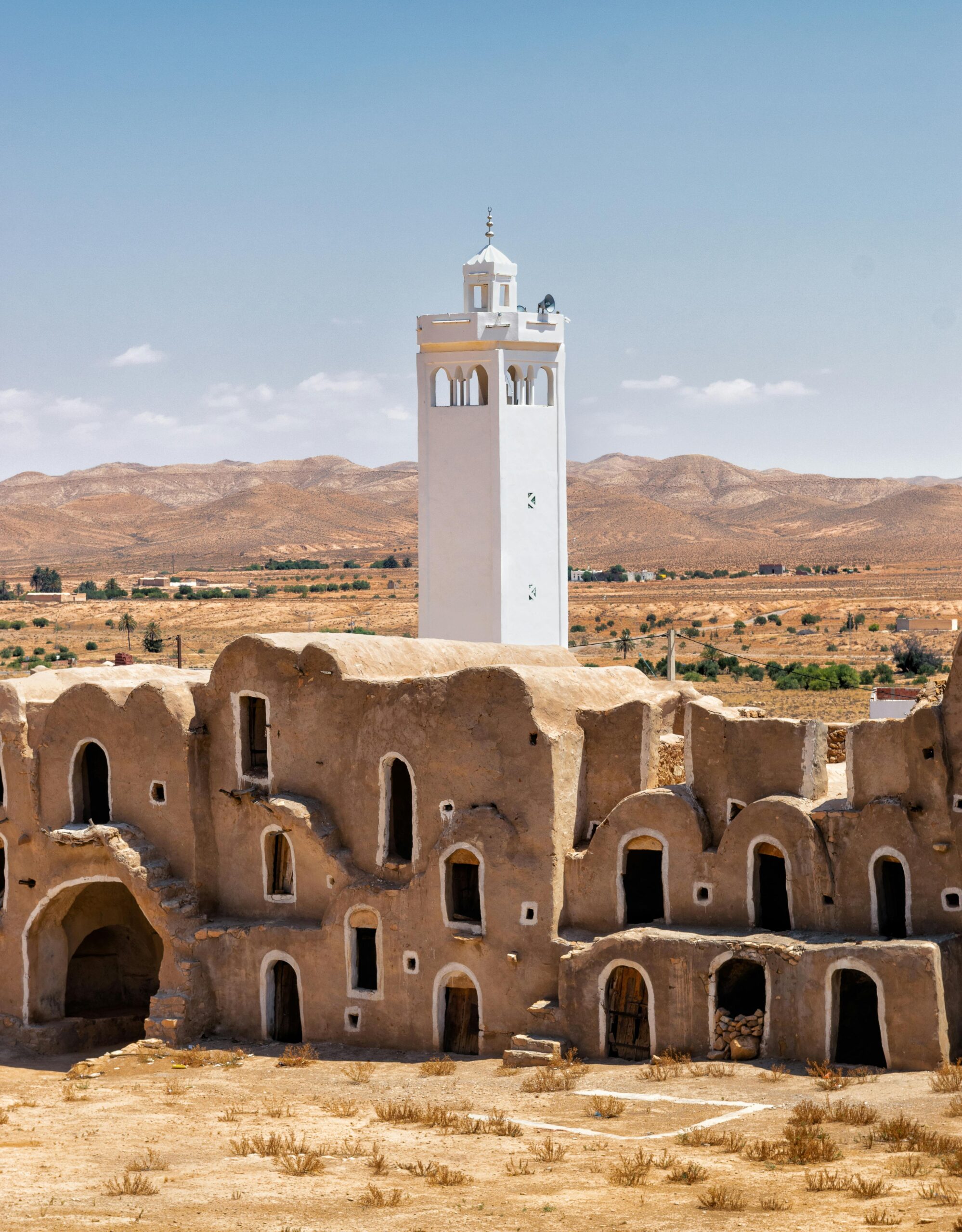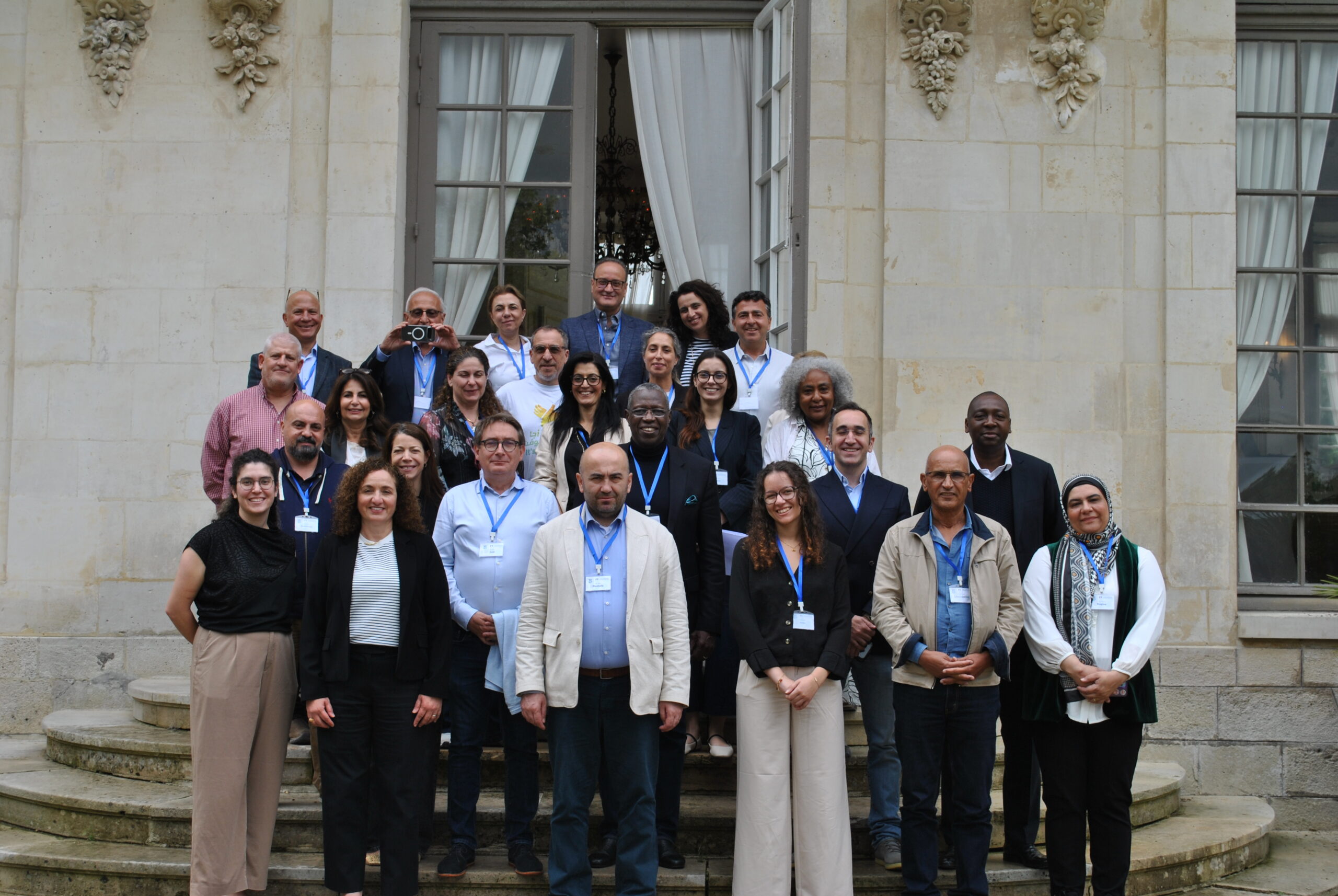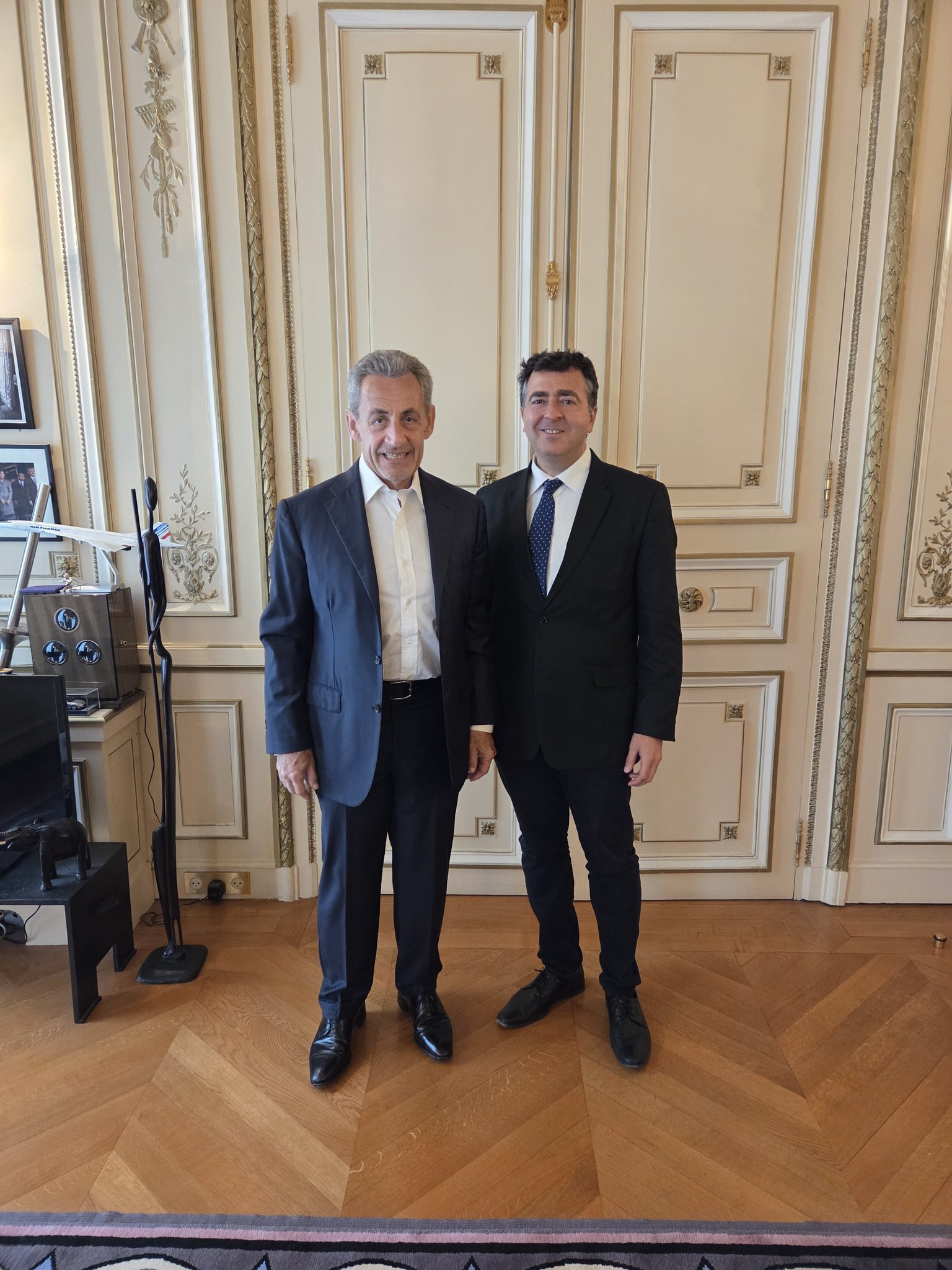By Dr. Najwa AlSaeed
In the shifting landscape of global power, Sheikh Tahnoon bin Zayed Al Nahyan’s visit to Washington D.C. from March 18 to 24, 2025, marked more than just a diplomatic occasion; it signaled a deliberate repositioning of the UAE at the intersection of technological transformation and geopolitical realignment. Welcomed by President Donald Trump at the White House, Sheikh Tahnoon, who serves as National Security Advisor and Chairman of MGX, was not merely a visiting dignitary but a strategic envoy shaping a new model of alliance: one centered on artificial intelligence.
At a time when the United States and China are locked in a contest over AI supremacy, the UAE’s forward-leaning AI investment strategy has positioned it as a critical partner in the emerging tech-based global order. Sheikh Tahnoon’s declaration that “Artificial intelligence is not a futuristic sector; it is the architecture of our collective destiny” underscores the UAE’s recognition that digital leadership now defines national relevance and resilience.
Throughout his visit, Sheikh Tahnoon held high-level meetings with leading figures in the U.S. innovation ecosystem, such as Elon Musk, Jeff Bezos, Satya Nadella, Jensen Huang, signaling the UAE’s intent to integrate deeply into America’s AI value chain. This culminated in the announcement of a $1.4 trillion UAE-US investment framework, not only a financial commitment but a political signal that the UAE is ready to anchor its development strategy within the contours of U.S.-led innovation.
In an era defined by economic protectionism and resurgent tariff regimes, this AI-centered engagement serves a dual purpose: it amplifies the UAE’s influence while insulating it from the economic vulnerabilities faced by other trade partners. By embedding itself in strategic AI infrastructure and contributing directly to U.S. technological competitiveness, the UAE reduces the likelihood of being subjected to punitive economic measures. Rather than being seen as a transactional trade partner, it becomes an essential node in the broader architecture of American national security and economic resilience.
Vice President JD Vance captured this new reality by stating that “The U.S. possesses every layer of the AI stack from semiconductors to frontier algorithms. Partners like the UAE help keep this ecosystem agile, decentralized, and resilient.” In this light, any attempt to impose tariffs on the UAE would undercut the very ecosystem the U.S. seeks to fortify. The bilateral tech alliance becomes not only a bulwark against Chinese competition but a strategic shield against economic coercion.
This transformation is particularly significant in the context of the Gulf’s historical dependencies. While the region’s influence was once measured in barrels of oil and sovereign wealth, the UAE is now asserting itself through data infrastructure, cloud architecture, and digital sovereignty. The partnership with Microsoft and Core42 further highlights this pivot, anchoring the Emirates within the networks that will define the next phase of globalization.
By aligning more closely with the U.S. in the emerging “Cold Tech War,” the UAE is also making a quiet but unmistakable geopolitical choice. While maintaining economic ties with China, Abu Dhabi is signaling that it sees long-term strategic security, innovation governance, and values alignment with Washington. In doing so, it avoids entanglement in ideological confrontation while building long-term protection against volatile economic measures, including tariffs.
Sheikh Tahnoon’s visit offers a clear preview of what diplomacy will look like in the mid-21st century. It is less about ceremonial protocol and more about securing long-term resilience through technological entanglement. The UAE’s pursuit of AI diplomacy is not a soft power exercise; it is strategic insurance. In positioning itself as a co-author of the AI future, the UAE ensures it is not merely adapting to global power shifts but actively shaping them.
As we move into an age where influence is no longer measured by natural resources or military hardware but by cloud access, algorithmic sovereignty, and data governance, the UAE’s strategic bet on AI offers a template for other MENA states. Those who embed themselves in the digital core of global alliances will not only endure economic shocks but define the rules of the new order.




